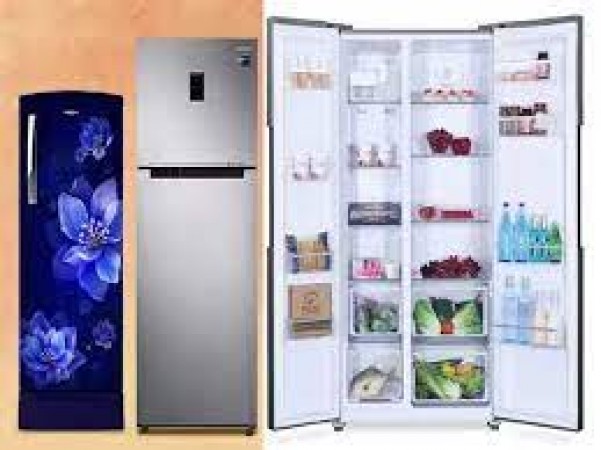
In our modern lives, cooling appliances such as air conditioners, refrigerators, and coolers have become indispensable. We rely on them to keep our food fresh, our homes comfortable, and our beverages cold. However, there's a critical factor that often goes overlooked—voltage. Running these appliances on low voltage can lead to significant consequences. In this article, we'll delve into the potential risks and losses associated with using cooling appliances under low voltage conditions.
Low voltage refers to an electrical supply with a lower voltage level than what these appliances are designed to operate on. Most cooling appliances require a consistent and adequate voltage supply to function optimally.
Voltage plays a crucial role in the performance of cooling appliances. These appliances rely on compressors and motors that need a specific voltage range to operate efficiently. When the voltage drops below this range, several problems can arise.
One of the most immediate consequences of low voltage is reduced cooling efficiency. Cooling appliances struggle to reach and maintain the desired temperature, leading to compromised performance.
Ironically, running these appliances on low voltage can result in higher energy consumption. The compressor works harder and longer to achieve the desired cooling effect, consuming more electricity in the process.
Low voltage can cause undue stress on the compressor, leading to premature wear and tear. Replacing a damaged compressor can be a costly affair.
Refrigerators are essential for keeping our food fresh. When they run on low voltage, the temperature inside may not be low enough to prevent food spoilage, resulting in potential health hazards and food wastage.
Cooling appliances subjected to low voltage are more likely to have a shorter lifespan. This means you'll have to replace them sooner, incurring additional expenses.
Investing in voltage stabilizers can help regulate the voltage supplied to your cooling appliances, ensuring they operate within the optimal range.
Scheduled maintenance checks by professionals can identify voltage-related issues early on, preventing potential damage.
Consider installing voltage monitoring devices to keep track of the voltage supply to your appliances. This proactive approach can help you detect problems before they escalate. Running cooling appliances like air conditioners, refrigerators, and coolers on low voltage is a mistake that can lead to reduced efficiency, increased energy consumption, and even appliance damage. By understanding the importance of voltage and taking preventive measures, you can ensure that your cooling appliances operate efficiently and have a longer lifespan. Remember, keeping your appliances running smoothly is not only good for your comfort and convenience but also for your wallet.
Respect in the Age of Technology: Why Using Headphones Matters
X Social Media Platform Transitions from Twitter: Major Terms of Service Update